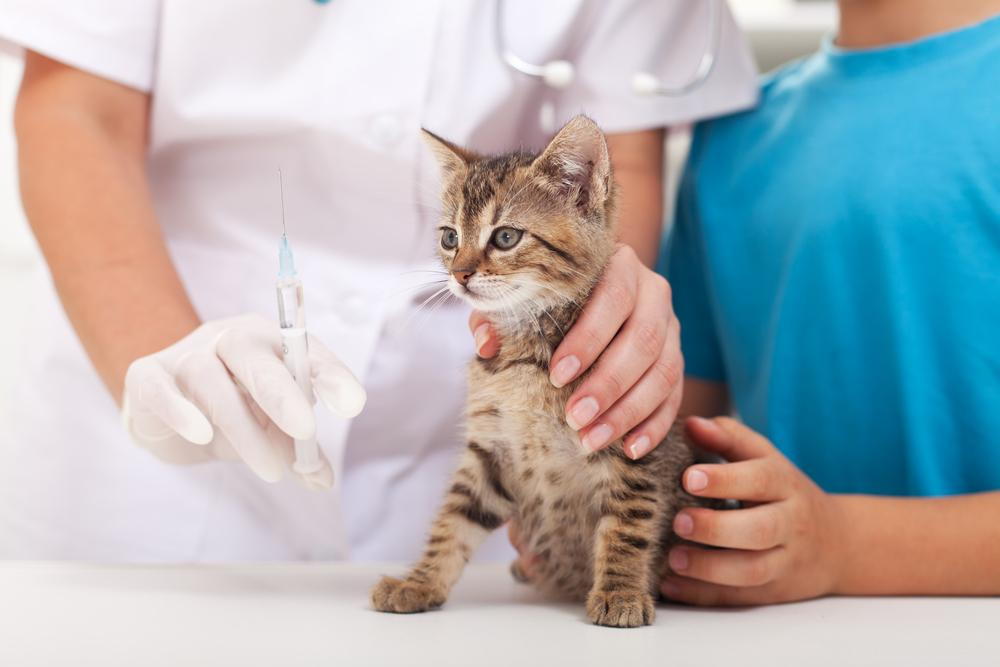You want to keep your pet healthy and happy. Vaccinations are essential. They protect against diseases like rabies and distemper. Without vaccines, your pet faces serious health threats. Routine care is more effective after treatment. A Brandon veterinarian can provide expert guidance. They understand the local risks and tailor vaccines to your pet’s needs. You may worry about side effects, but the benefits far outweigh the risks. Vaccines prevent suffering and help avoid costly treatments later. Your pet’s well-being is worth the effort. You give them love and attention. Vaccinations are another way to show you care. By vaccinating, you take a proactive step. It’s an act of love and responsibility. Your pet depends on you for safety and health. Together, you can enjoy a life full of joy and companionship. Trust the science. Keep your pet protected. Your actions make a difference in their life and your own.
Why Vaccinations Matter
Vaccinations shield pets from severe illnesses. Diseases like parvovirus and feline leukemia are preventable through vaccines. Skipping vaccines puts pets at risk for pain and suffering. These diseases can spread quickly among animals. Vaccines stop the spread. They create community protection. This means even unvaccinated animals get some protection. But, the best protection is direct vaccination.
Core and Non-Core Vaccinations
Vaccines fall into two groups: core and non-core. Core vaccines are essential for all pets. Non-core vaccines depend on lifestyle and location. Consider local factors, like wildlife and climate.
| Type | Core Vaccines | Non-Core Vaccines |
|---|---|---|
| Dogs | Rabies, Distemper, Parvovirus | Lyme, Bordetella |
| Cats | Rabies, Feline Herpesvirus | Feline Leukemia, Bordetella |
Understanding the Risks
You might worry about side effects from vaccines. Reactions are usually mild. Pets might feel sore or tired for a day. Severe reactions are rare. Always monitor your pet after vaccinations. If you notice anything unusual, contact your veterinarian. They can provide advice and reassurance.
When to Vaccinate
Pets need vaccines at different life stages. Puppies and kittens start vaccines at a few weeks old. Boosters follow the initial shots. Adult pets need regular boosters to stay protected. Your veterinarian can help set a schedule. Following a schedule keeps your pet’s immunity strong.
Cost Considerations
Vaccinations save money in the long run. Treating diseases is expensive. Vaccines prevent diseases from happening. They also prevent the emotional toll of a sick pet. Affordable options exist through community clinics and events. The American Veterinary Medical Association offers resources for affordable care.
Final Thoughts
Vaccinating is caring. You keep your pet safe from harm. It is part of responsible pet ownership. Consult with your veterinarian to create the best plan for your pet. They know what your pet needs. By vaccinating, you make a lasting impact. You ensure a healthy and happy life for your pet. Make vaccinations a priority today. Your pet is a cherished family member. Show them love with the gift of good health.

